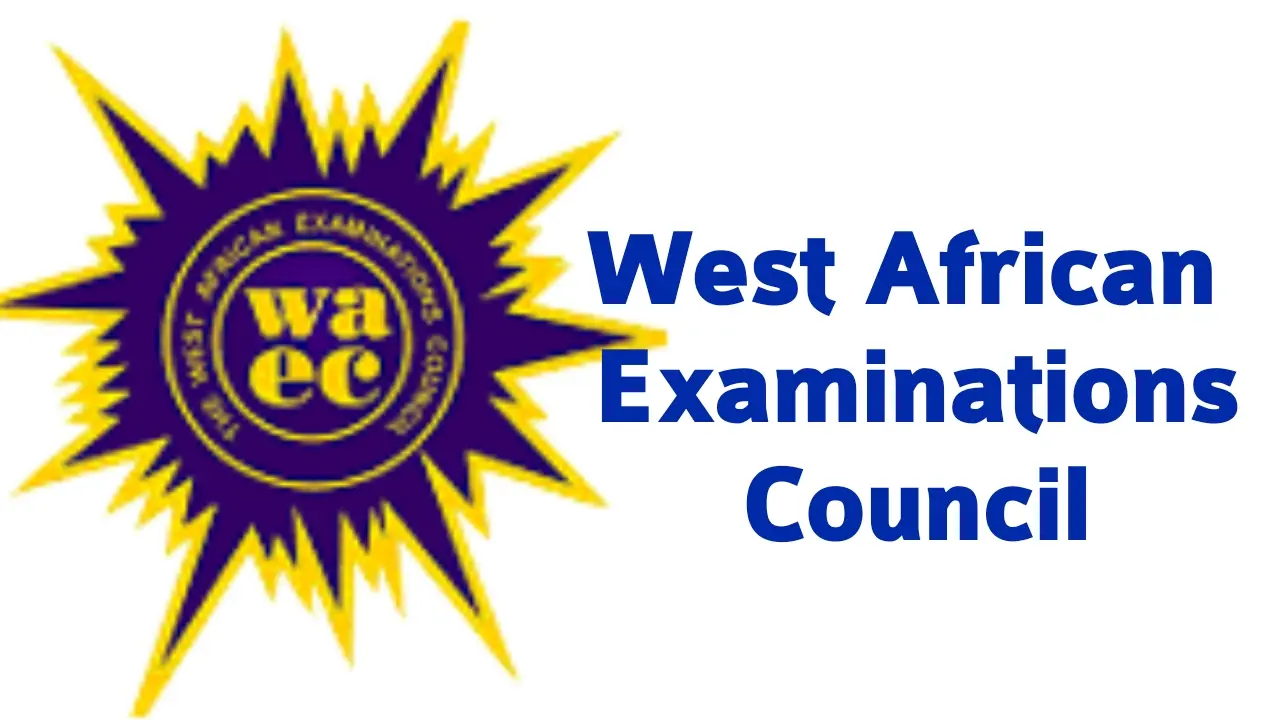
Recently the escalating fuel price in Nigeria has sparked widespread outcry and intense debates among various stakeholders. Yakubu Suleiman, the National Public Relations Officer of the Independent Petroleum Marketers Association of Nigeria (IPMAN), has addressed these concerns, stating that despite the current surge, fuel price in Nigeria is still the cheapest petrol prices among African countries.
As the world’s 12th largest oil producer, Nigeria holds a crucial role in the global oil market. However, the nation’s citizens have been feeling the pinch as petrol prices have been rising. In a recent interview with ARISE TV, Suleiman delved into the dynamics influencing the cost of Premium Motor Spirit, or petrol, in the country.
According to Suleiman, the sudden hike in the pump price of petrol can be traced back to two main factors: market forces and the cost of dollars. He explained that petroleum products imported to Nigeria are paid for in dollars, linking the petrol price directly to international currency fluctuations.
“The rise in price was caused, as usual, by the market forces. Market now determines prices. And secondly because of the dollar. You know the higher the crude oil price, the product price locally will also be higher. So at the time the crude oil comes down, the product will also come down,” Suleiman explicated.
This indicates the significant role played by international economics in determining the fuel price in Nigeria. The relationship between the cost of crude oil and the product’s local price is a classic demonstration of the ripple effect of global economic trends on local economies.
Suleiman also dispelled rumors suggesting that marketers were pleased with the new price surge, “If any marketer would tell you that he’s happy with the new price, he just wants to deceive you.”
Additionally, Suleiman affirmed that imported petrol currently arrives in Nigeria at N565 per litre, signifying that marketers are indeed bearing substantial costs. However, he reiterated the necessity for understanding from Nigerians and called for collective prayers for a future where the products are more affordable.
He reiterated, “Let’s join hands together and pray so that we have a regime in which products will be cheaper than what we have now.”
Despite the challenges, Suleiman was quick to point out that when compared to other African countries, Nigeria still has the cheapest petrol price. However, he expressed a shared sentiment among many Nigerians that they do not wish for the prices to climb any higher.
The current reality of fuel prices was brought into sharp focus on Tuesday when the Nigerian National Petroleum Commission Limited (NNPCL) and other oil marketers increased the price of petrol from around N537/litre to between N617 and N630/litre. This development has sparked widespread discontent across the country, highlighting the critical need for proactive measures and solutions to the escalating fuel price in Nigeria.
In conclusion, while fuel price in Nigeria may be the lowest among African nations, it is evident that its citizens still feel the burden of these costs. The implications of the rising fuel prices extend beyond mere economics, impacting the everyday life of the average Nigerian. As such, the discussion around fuel prices in Nigeria continues to take center stage, calling for strategic solutions and interventions to mitigate this challenging economic climate.


















